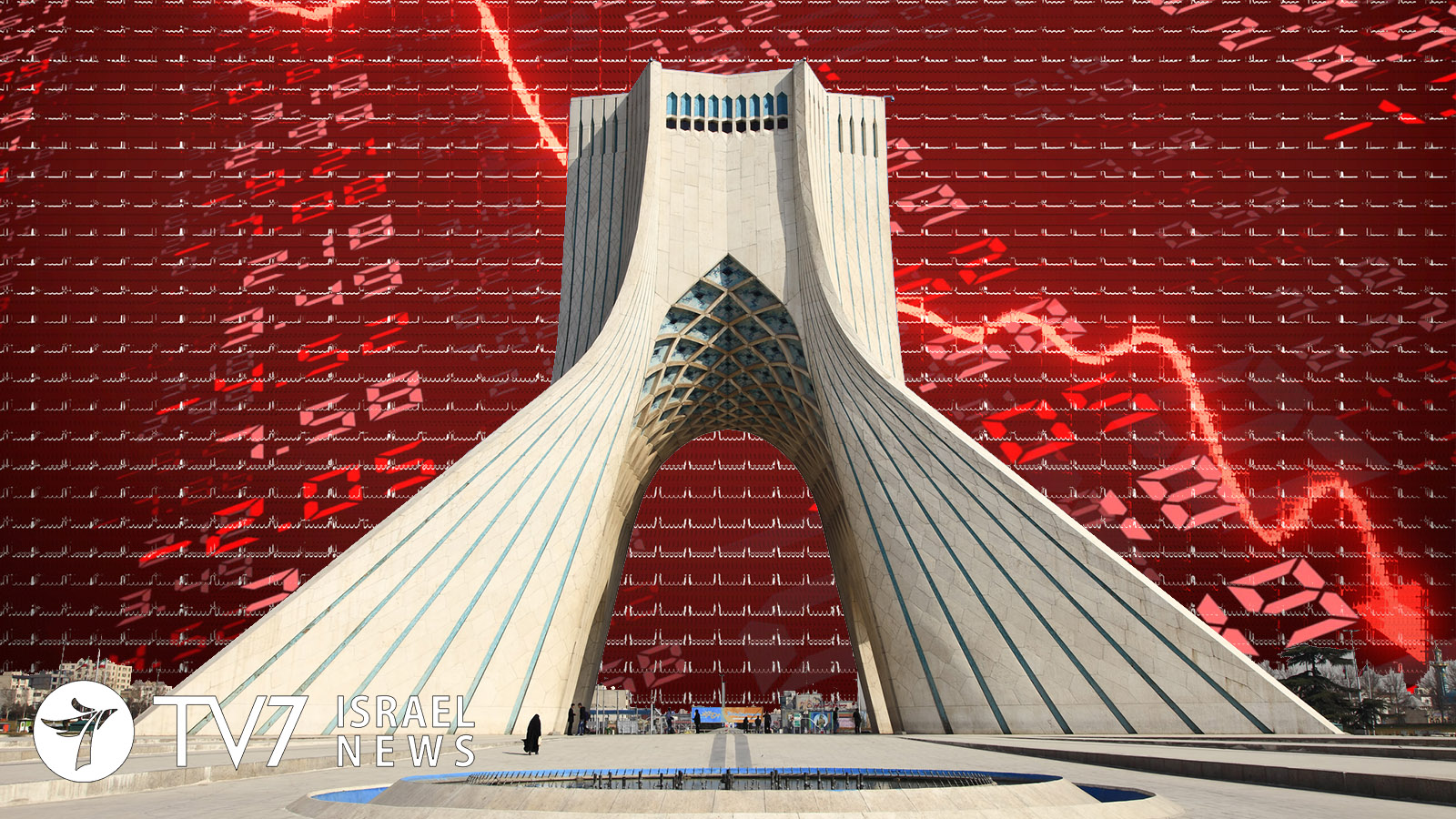The Special U.S. Representative for Iran Brian Hook insisted that the maximum economic pressure campaign against the Islamic Republic is bearing fruit. The U.S. envoy said Washington is “dedicated to this policy of maximum economic pressure because it’s working. It is denying the regime historic levels of revenue. Their proxies around the region are hurting financially. This has been documented by the New York Times and the Washington Post. Iran’s proxies are weaker today because of our sanctions.”
In a Paris interview with Reuters, Hook stressed that while differences remain over the course of action to limit Iran’s malign activities – if the Ayatollah regime would accelerate its nuclear program – the West will be united in its response. “I think (German) Chancellor (Angela) Merkel, other European leaders, (U.S.) President (Donald) Trump, have all said that there will be consequences if Iran breaches the restrictions that it’s currently under. Our sanctions do not give Iran the right to accelerate its nuclear program. The world’s leading state sponsor of terrorism can never get near a nuclear weapon, and we need to push that boundary out as far as possible,” Hook said.
Meanwhile in Brussels, newly-appointed U.S. Acting Secretary of Defense Mark Esper insisted that the United States remains committed to its strategy of economic and diplomatic pressure against the Ayatollah regime. While cautioning Iran “not to mistake restraint for weakness,” the new U.S. Defense chief explained “Our goal is to bring Iran to the negotiating table to conclude a comprehensive, enduring deal that addresses Iran’s nuclear program, its ballistic missile development and proliferation, its support for terrorism and other maligned activities. Our strategy is at its core an economic and diplomatic one. Again, we do not seek armed conflict with Iran, but we are ready to defend U.S. forces and interests in the region.”
